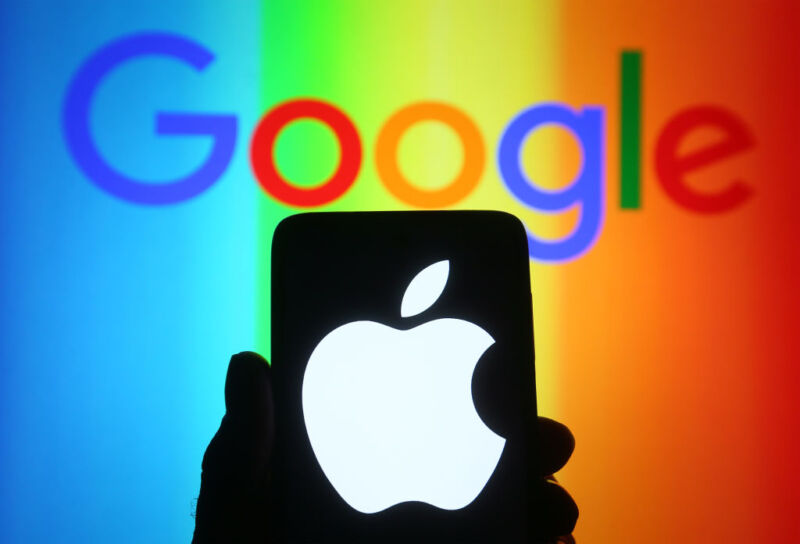Google’s Antitrust Ruling
Apple’s highly lucrative arrangement with Google could face significant upheaval following a recent ruling by a U.S. judge, who determined that Google’s operations constitute an illegal monopoly, according to Reuters.
This ruling has raised concerns that the agreement, which positions Google as the default search engine on Apple devices, may be at risk.
The deal between Apple and Google is valued at approximately $20 billion annually, a substantial figure representing around 36% of Google’s revenue from search advertising on the Safari browser, as reported by Morgan Stanley analysts.
The contract is set to last until at least September 2026, with Apple holding the option to extend it for an additional two years if desired. However, the recent antitrust developments could lead to substantial changes.
Analysts suggest that one potential remedy for Google to mitigate antitrust repercussions could involve terminating this lucrative agreement.
If such a scenario unfolds, Apple could face a significant financial impact, potentially experiencing a 4-6% reduction in its profit margins.
This potential loss underscores the gravity of the situation for Apple, given the substantial income generated from its partnership with Google.
The most plausible outcome, as speculated by Evercore ISI analysts, is that the court may require Google to cease payments for default placement on Apple devices.
Alternatively, the ruling might necessitate that companies like Apple actively prompt users to select their preferred search engine, rather than setting a default option that users can change if they choose.
In response to these developments, Apple’s stock remained relatively stable on Tuesday, reflecting a lack of immediate market reaction.
Meanwhile, Alphabet, Google’s parent company, saw minimal changes in its stock price after a previous decline of 4.5%.
The ongoing legal battle could extend well into 2026, involving potential appeals to higher courts, including the U.S. Court of Appeals, the District of Columbia Circuit, and possibly the U.S. Supreme Court.
Should the agreement be dismantled, Apple would need to explore alternative strategies. One option could be promoting other search engines such as Microsoft Bing or potentially developing its own search product, possibly utilizing technology from OpenAI.
Analysts believe this legal challenge could accelerate Apple’s push toward integrating AI-powered search services. The company has already announced plans to incorporate OpenAI’s ChatGPT chatbot into its devices and is also exploring partnerships with Google to incorporate the Gemini chatbot and other AI models.
Additionally, Apple is revamping its Siri voice assistant with AI capabilities, aiming to enhance its functionality in tasks such as composing emails and managing messages.
While these advancements may not generate significant revenue immediately, they represent a strategic pivot toward leveraging new technology and reducing dependency on exclusive deals that attract regulatory scrutiny.
Analysts, including Gadjo Sevilla from Emarketer, suggest that while the potential loss from the Google deal represents a setback for Apple, it also presents an opportunity for the company to pivot toward AI-driven solutions in search and other areas.


